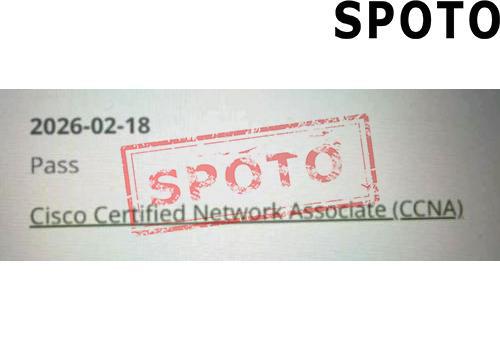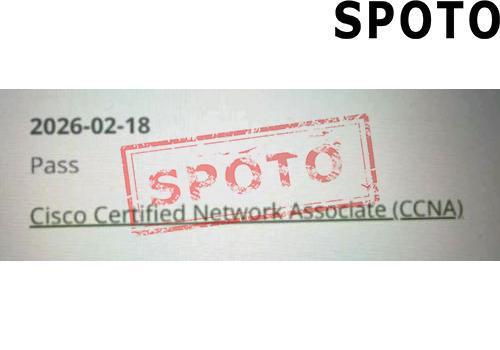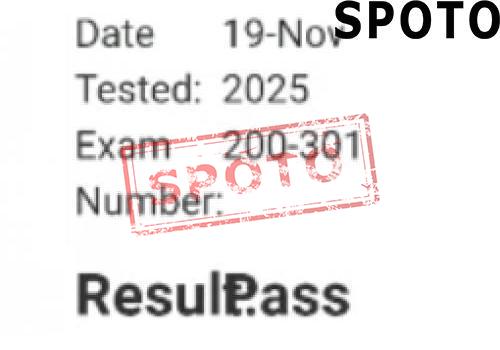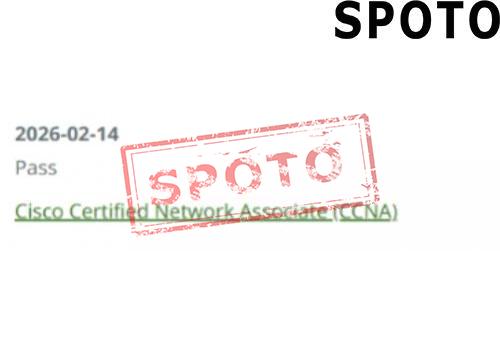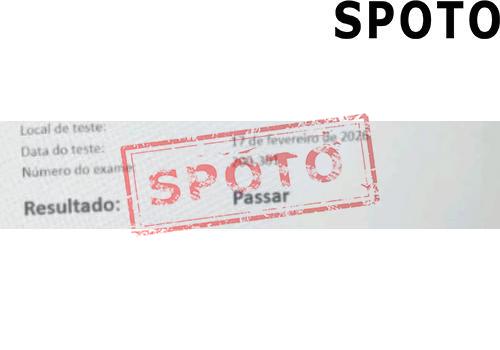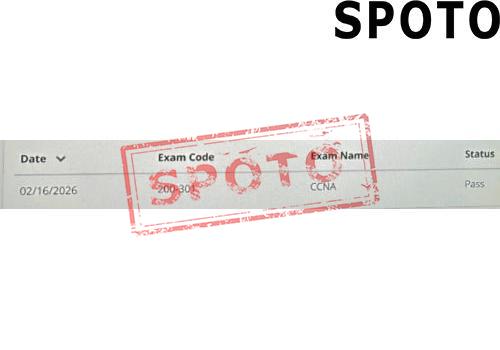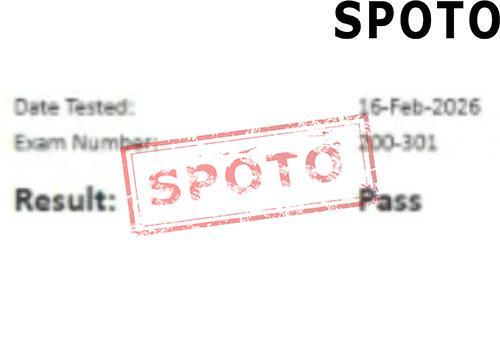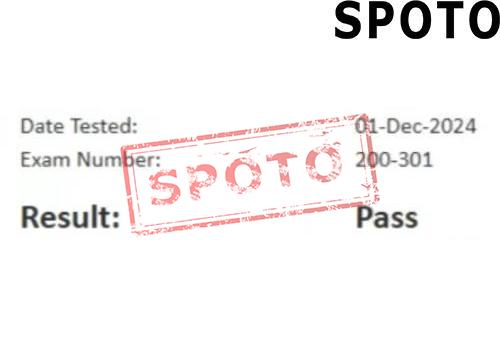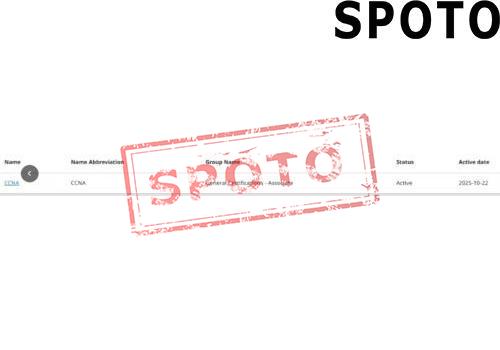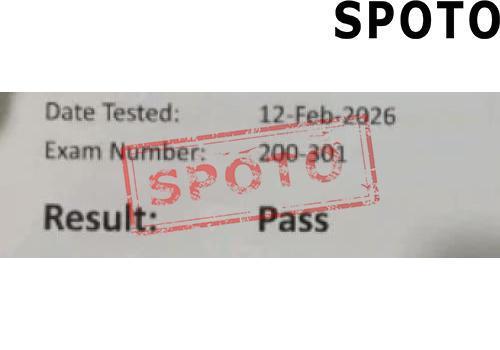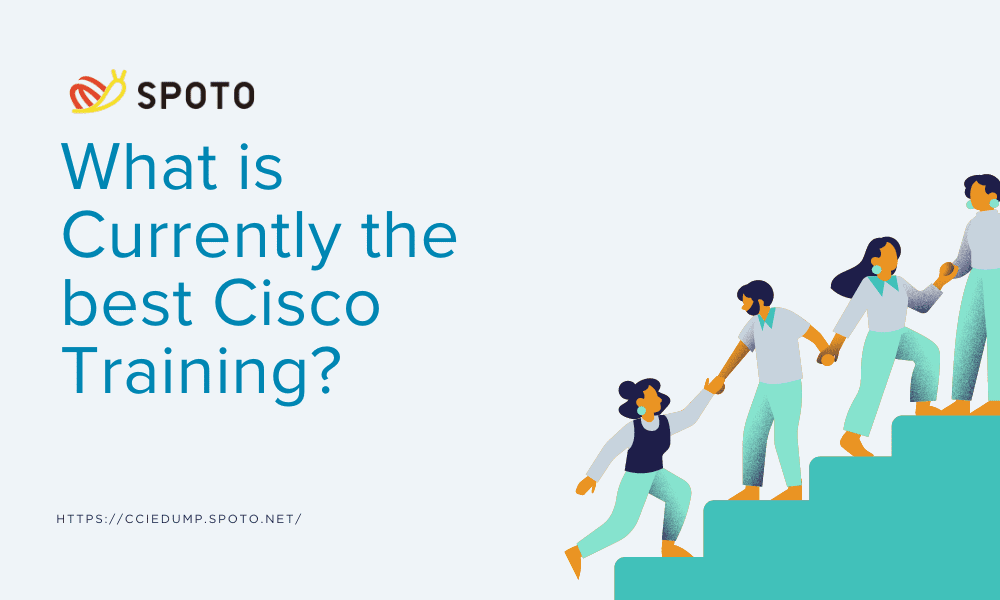
Table of Contents
- Cisco Course Levels
- Cisco CCNA 200-301: The Whole Guide to Certification:
- Cisco Certified Entry Networking Technician (CCENT):
- Cisco Certified Network Associate Routing and Switching (CCNA R&S):
- Cisco Certified Design Associate (CCDA):
- Cisco Certified Network Associate Cloud (CCNA Cloud)
- New Modifications to the Cisco Certification Framework:
Cisco Systems offers general and professional certifications for which candidates must sit for exams. Seven alternative pathways, including routing, switching, security, designing, and storage networking, are provided by the four skill levels of the available accreditation.
CCNA, CCIE, and CCNP are the three most sought-after qualifications in the IT sector. Your employer will have confidence in your understanding of networking fundamentals since you hold a Cisco certification.
Cisco Course Levels
The Cisco certifications are separated into the following hierarchical levels in descending order:
- Associate-level Cisco certifications
- Professional-level Cisco certifications
- Cisco Expert-level Certifications
Associate-Level Cisco Courses
If you're a newbie and want to start as a Network Associate in the networking sector, you might need to think about the associate-level Cisco certifications. The Cisco Certified Network Associate (CCNA) certification is the most widely used Cisco associate-level certification.
Professional-Level Cisco Courses
It is ideal to move up the ladder after completing the associate-level Cisco courses and working for nearly two or three years in the networking sector. It is advised to take the associate Cisco courses before moving on to the professional Cisco courses.
All professional Cisco courses have one thing in common: If you want to become a Cisco professional, you must pass two tests. These are the two tests:
- The basic test: The fundamental core technologies that form the basis of Cisco technology were covered by this test.
- The concentration test: This test can be viewed as a means of demonstrating your technical proficiency. Through this exam preparation, you may then hone your talents.
Expert-Level Cisco Courses:
The most advanced level of Cisco courses is called the expert level. It is advised to only enroll in these courses after earning associate and professional-level credentials. It is furthermore advised to have three to five years of expertise in networking technology.
These expert-level credentials require passing two tests, which are as follows:
- Qualification test: Through performance-based/multiple-choice questions, the qualifying exam gauges your understanding of a particular technology.
- Tests in the lab: Through practicals/the lab exam, you get tested on your total practical knowledge.
Cisco CCNA 200-301: The Whole Guide to Certification:
The Cisco CCNA 200-301, the most recent edition of which will be offered in 2020, is yet another intriguing course to take. You may join this course with confidence since it has 38 hours of video content, a rating score of 4.7, and more than 115k students enrolled.
The first step in the course is setting up the laboratories, after which students study some of the basics of networks, including TCP/IP, the upper and lower OSI layers, subnetting, and more.
Additionally, you'll study Cisco device administration, dynamic routing protocols, network address translation, quality of service, cloud computing, and more.
Cisco Certified Entry Networking Technician (CCENT):
The CCENT certification is the best option for newcomers or more experienced individuals switching careers in networking. CCENT recognizes persons who possess the knowledge and expertise necessary to design, implement, and operate small business networks as network administrators and incorporates network support capabilities at the entry-level.
The current CCENT Exam is the 100-105 ICND1. Basic computer skills and understanding of operating systems are prerequisites for this certification. Network technicians, engineers and administrators, and systems engineers are among the job categories covered by a CCENT credential. The CCENT is a significant prerequisite for various higher-level Cisco certifications.
Cisco Certified Network Associate Routing and Switching (CCNA R&S):
Still, CCNA R&S is the preferred qualification for networking newcomers. With the CCNA R&S, generations of network administrators started their careers. Cisco has expanded the selection of CCNA options and included new tracks like wireless, security, data center, and cloud.
The concepts of routing and switching and the technology of network infrastructure components are included in the CCNA R&S program. In addition to discussing Cisco routers and switches operating systems objectively, it also discusses networking technology.
Candidates can pass the ICND2 exam or the CCNA composite test to earn their CCENT certification and become CCNA R&S certified. Cisco offers courses, online practice tests, and sample questions that may be used to prepare for the CCNA R&S exam.
Cisco Certified Design Associate (CCDA):
The CCDA certifies the network design expertise needed to build a corporate network. Ideal introduction to Cisco network design for network designers, systems engineers, and sales engineers.
This course focuses on the initial phase of networking, which is to construct a network based on a corporate network. Every network engineer should be able to design networks since networks are evolving and redesigning themselves to accommodate business development.
The CCDA certifies the network design expertise needed to build a corporate network. The primary prerequisite for Cisco system engineers, network designers, and sales engineers is this basic understanding.
Cisco Certified Network Associate Cloud (CCNA Cloud)
The CCNA Cloud certification is an excellent choice for networking newcomers joining a fast-expanding employment market. Network engineers with extensive knowledge and expertise in cloud operations are becoming increasingly important as the IT sector moves systems fast to the Cloud.
The CCNA Cloud program introduces network engineers to cloud solutions and infrastructure. The demand for CCNAs will rise as cloud usage continues to increase.
Cisco aggressively advises applicants to have a fundamental understanding of network technologies and protocols, even though there are no prerequisites for this certification. Passing the CLDFND and CLDADM tests is a requirement for certification. Cloud Basics and Cisco cloud products are covered in both tests.
The cloud computing age is forcing several chances for professionals with Cisco credentials. Earning a Cisco networking certification has never had a deadline. Your life and work will change as a result.
New Modifications to the Cisco Certification Framework:
The new Cisco certification is intended to help network engineers and administrators become fully versed in automation, development, networking, and security. IT specialists can't limit themselves to wireless network usage, routing, or safety. Modern networks are highly entangled.
The authentication path thus underwent certain structural modifications. The CCIE, CCNA, or CCNP credentials can still be obtained. However, you may be the Cisco Certified Expert credential after passing a non-CCNA test and CCNA training. Anyone looking to become a CCNP should start with the new Cisco Certified Professional test. You can continue to hold CCIE and CCAr certifications as an expert and an architect if you have obtained a professional credential.

